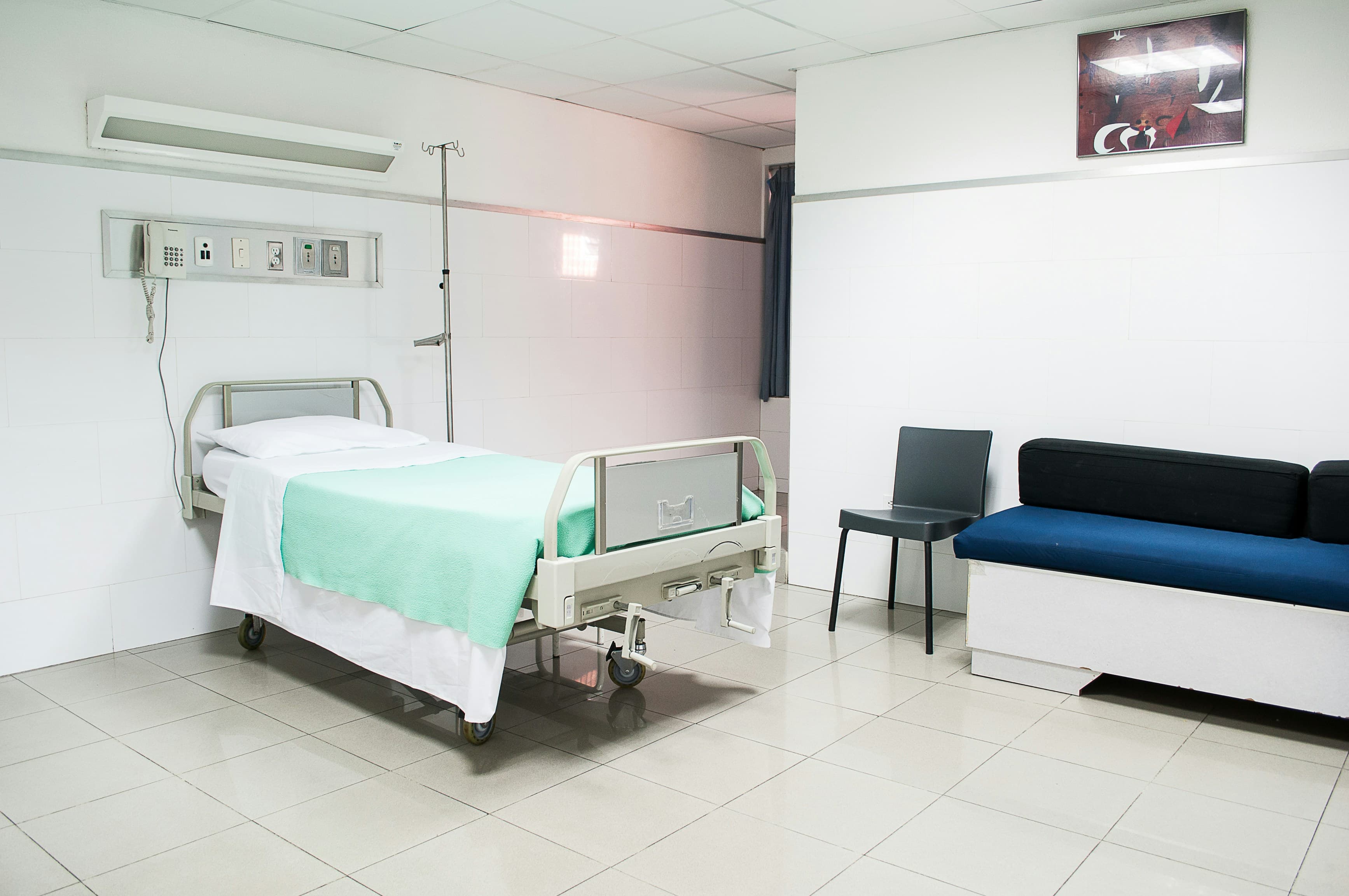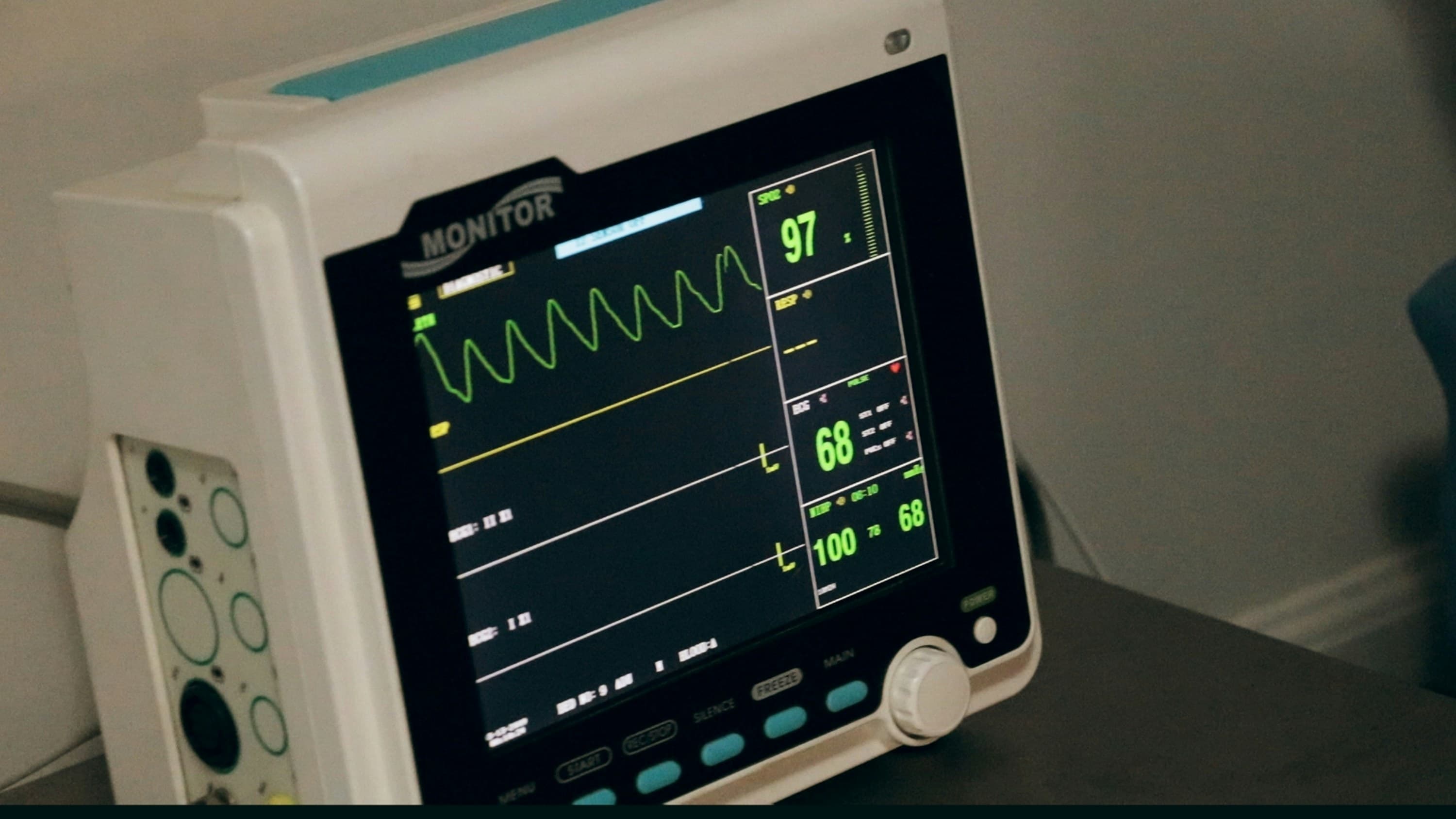
Health Insurance for Expats: Options and Costs
Living in Portugal means enjoying an enviable lifestyle, but also understanding how the local healthcare system works. Here’s a guide to protecting yourself effectively.
Moving to Portugal is, for many, the fulfillment of a dream. Sunshine, the sea, gastronomy, and quality of life attract thousands of expats every year.
But before diving into the calm rhythm of Portuguese life, one essential question arises: how to ensure proper healthcare coverage?
Between the public system (SNS), private insurance, and international plans, there are several options depending on your profile, budget, and length of stay. Here’s an overview to help you make the right choice and avoid unpleasant surprises.
The Portuguese Public System: The SNS
The Serviço Nacional de Saúde (SNS) is Portugal’s public healthcare system. Inspired by the British model, it guarantees access to quality medical care for all legal residents.
Expats from the European Union can easily access it by registering at their local health center (Centro de Saúde) and obtaining a user number (número de utente).
The SNS covers general medicine, emergencies, specialists, hospitals, and maternity services. Costs are very low: a basic consultation costs around €5, and an emergency visit between €15 and €20.
However, waiting times can be long, especially for specialist appointments or specific tests. This is why many expats choose to complement it with private health insurance.
Private Health Insurance in Portugal
Portugal has a strong private health insurance market. Among the best-known companies are Médis, Multicare, Allianz, Fidelidade, and AdvanceCare.
These insurers provide fast access to private clinics and top specialists across the country, often with full or partial reimbursement of medical costs.
Plans vary, but basic coverage generally costs between €30 and €70 per month, depending on age, health status, and selected coverage.
Comprehensive plans, including hospitalization, dental, or optical care, can reach €150 to €200 per month.
The biggest advantage of the Portuguese private system is speed: same-day appointments, modern hospitals, multilingual staff, and easy reimbursement through a card or mobile app.

International Health Insurance for Expats
For expats from outside the European Union or frequent travelers, international health insurance is often the best option.
Companies like Cigna Global, Aetna, AXA, Bupa Global, and April International offer comprehensive plans valid in multiple countries.
They cover care in Portugal as well as abroad, making them ideal for those who split their time between different countries.
Prices are higher than local insurance: expect between €120 and €300 per month, depending on the plan chosen.
The main advantage is flexibility: choice of hospitals, fast reimbursements, English-speaking assistance, and the option to add specific coverage (maternity, repatriation, mental health, etc.).
Which Option to Choose Depending on Your Profile
The right choice depends mainly on how long you plan to stay and your lifestyle:
- Long-term residents: the SNS is sufficient for most needs, especially when paired with a small private plan to avoid delays.
- Digital nomads and freelancers: a private Portuguese or international plan is recommended for its flexibility and quick access to care.
- Retired expats: combining the SNS with a mid-range private plan offers the best balance between cost and comfort.
- Students and young expats: basic local coverage or European student insurance is usually enough.
How to Register and What Steps to Take
To register with the public system, you’ll need:
- An ID card or passport.
- Proof of residence (rental contract or utility bill).
- A tax number (NIF).
Once registered, the health center assigns you a family doctor, who refers you to specialists when necessary.
For private insurance, enrollment can be done online or in an agency, often in less than an hour. Some companies require a medical questionnaire or a short waiting period before activating certain coverages.
Conclusion
Getting health insurance in Portugal is neither complicated nor expensive, but it does require some organization.
The public system remains efficient and accessible, while private insurance provides comfort and speed.
By combining both, expats enjoy full protection and valuable peace of mind.
Because in Portugal, health is truly part of the art of living well.
Share this article
Suggested articles

Before putting down your suitcases in Portugal, vaccines, mosquitoes & other medical delights
So that’s it, you’ve decided to drop everything for the Portuguese sunshine, grilled sardines and 80-cent coffee. Excellent choice. But before you picture yourself sipping your vinho verde on a Lisbon terrace, there’s a small detail you’d better not skip: your health.

Private Clinics: Standards and Prices
If there is one area where Portugal quietly excels, it is private healthcare. The country has successfully combined high-quality care, modern technology, and genuine hospitality, creating a model appreciated by both locals and foreign residents. Faced with delays in the public system and the growth of medical tourism, private clinics are booming, particularly in Lisbon, Porto, and Faro.

Portuguese healthcare system : public vs private
You might have just settled in Portugal, sunglasses on, pastel de nata in hand, and suddenly think, “Okay, but what happens if I get sick ?”. Take a deep breath (it’s going to be fine), let’s break it all down together, clearly, simply, and without boring you (promise !). Here’s what you need to know about the Portuguese healthcare system, both public and private, what’s great about it, and what to keep in mind.

How to get your número de utente (Portuguese health user number)
If you plan to live in Portugal for more than a few weeks (or even a few months), there’s one phrase you’ll hear sooner rather than later : “número de utente.” It’s also called the “SNS number.” This is your personal ID within the Portuguese public healthcare system (Serviço Nacional de Saúde). Without it, you’re basically a “medical tourist.” With it, you’re officially part of the system you can book appointments at your local centro de saúde (public health center), see a family doctor, go to the ER, and get billed like a local resident. In short, it’s your ticket to public healthcare. So yes, it’s important ! And good news : getting it is totally doable even if Portuguese bureaucracy has a deep love for… paperwork. Lots of paperwork !

Portuguese Pharmacies: A Local Service
In Portugal, the pharmacy is much more than a simple place to buy medicine. It’s a space of trust, a point of reference in daily life, a place where advice, attention, and proximity meet. In both big cities and remote villages, Portuguese pharmacies play a key role in healthcare and in the human connection between professionals and the community.

Medical Emergencies in Portugal: Numbers and How It Works
Falling ill or getting injured abroad is one of those situations no one wants to face. However, thanks to its solid healthcare system and well-trained teams, Portugal handles medical emergencies with professionalism and speed. Whether you are a tourist, an expat, or simply passing through, knowing the right numbers and how the emergency network works can make all the difference.


